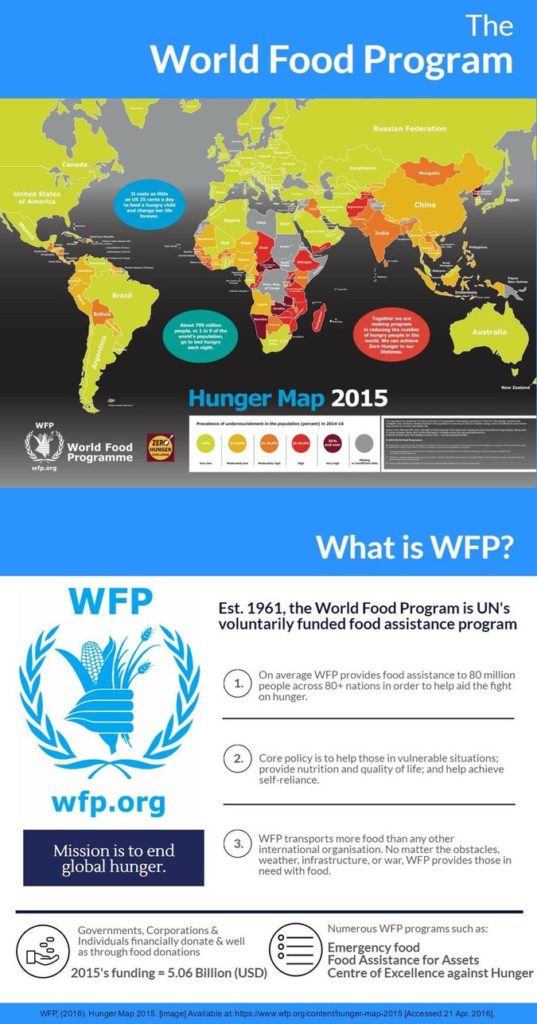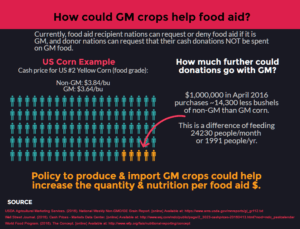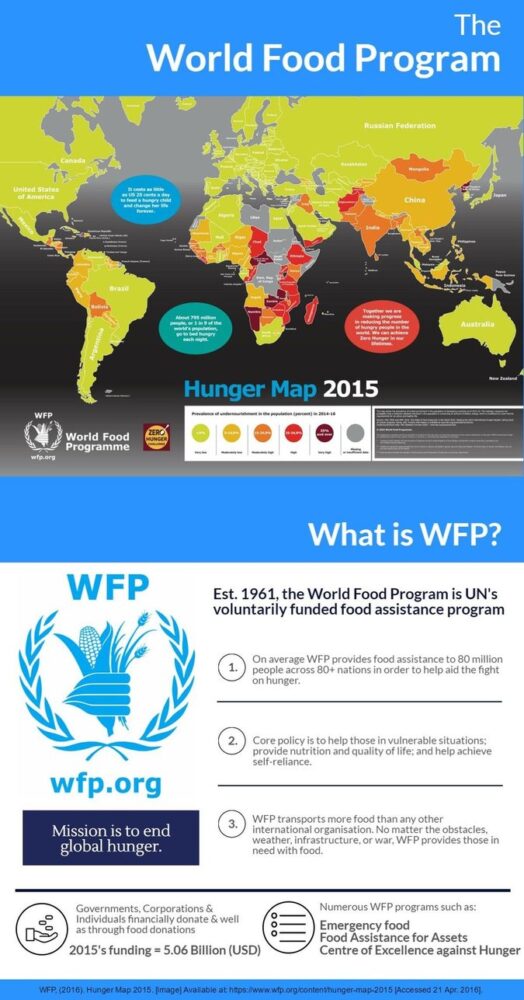Playing politics over reducing chronic malnutrition & food insecurity, it’s time this ends!
 Every year, somewhere in the world, drought is an agricultural problem. Some years are mild, only impacting small areas in a few countries, while in other years entire regions are affected. Unfortunately for the African continent, due to El Nino weather patterns, 2016 is bringing a dramatic drought. The World Food Program (WFP) estimates that ~50 million people could be affected. Zimbabwe has already been hard hit, last year food production was down by half and corn prices were 53% higher. Continued El Nino weather suggests that financial aid and food donations will be required for Zimbabwe to secure the necessary food to prevent nationwide starvation.
Every year, somewhere in the world, drought is an agricultural problem. Some years are mild, only impacting small areas in a few countries, while in other years entire regions are affected. Unfortunately for the African continent, due to El Nino weather patterns, 2016 is bringing a dramatic drought. The World Food Program (WFP) estimates that ~50 million people could be affected. Zimbabwe has already been hard hit, last year food production was down by half and corn prices were 53% higher. Continued El Nino weather suggests that financial aid and food donations will be required for Zimbabwe to secure the necessary food to prevent nationwide starvation.
In March, in spite of the desperate need to secure food for 26% of their population, Zimbabwe’s Minister of Agriculture clearly stated their government’s position is they “do not accept GMO as we are protecting the environment from the grain point of view”.
Whether the decision to reject food aid donations containing GM crops is the result of environmental organization lobbying or national values, denying safe and equally nutritious GM-based food is concerning. The horrifying result is this government is preferring to ensure that no GMOs enter Zimbabwe, rather than providing people with food to eat from GM crop donations. Remaining non-GMO is more important than starvation and death. To me, this seems like awfully misguided policy and how any organization can, with good conscience, advocate this is beyond my ability to comprehend.
Given the Zimbabwe government statement that they will reject any food aid contains GMOs, I wonder if the government would continue with this decision if environmental organizations like Greenpeace and Friends of the Earth advocated for accepting GM crops as food aid.
It’s not Greenpeace or Friends of the Earth policy to support GM crops, yet current conditions in Southern Africa and Zimbabwe, in particular, should be reason enough to support GM food aid. Greenpeace’s mission is to “force the solutions which are essential to a green and peaceful future”. One would think that GM food aid for a nation facing starvation would be considered an essential and a peaceful and green solution.
 I have no problem if groups and governments chose to reject GM crop use in Europe. Europe is a wealthy, industrial region, where food shortages haven’t been seen in 60 years. I do have a problem with Greenpeace and Friends of the Earth projecting their GM crop opposition to developing countries, particularly ones facing drought and food shortages. Such environmental groups should be deeply ashamed for continued lobbying efforts supporting food discrimination over food aid for innocent civilians. By supporting non-GM food aid, more money is spent on acquiring non-GM crops, therefore reducing the number fed with each donated dollar.
I have no problem if groups and governments chose to reject GM crop use in Europe. Europe is a wealthy, industrial region, where food shortages haven’t been seen in 60 years. I do have a problem with Greenpeace and Friends of the Earth projecting their GM crop opposition to developing countries, particularly ones facing drought and food shortages. Such environmental groups should be deeply ashamed for continued lobbying efforts supporting food discrimination over food aid for innocent civilians. By supporting non-GM food aid, more money is spent on acquiring non-GM crops, therefore reducing the number fed with each donated dollar.
If African nations hope to have access to technologies that provide assistance in times of climactic challenges, then these countries need to look for information and technology which support these continuing challenges. The frightening question is how many people will die from malnutrition because Zimbabwe chooses to put the politics of GM before people’s lives?


